BACK TO RESEARCH WITH IMPACT: FNR HIGHLIGHTS
Parkinson’s disease (PD) is the fastest growing neurological disease in the world, affecting around 1-2% of the population above the age of 65. It has been established that the disease stems from the degeneration of dopaminergic neurons, highlighting the urgent need for research to better understand its underlying mechanisms. One of these strands of research is understanding how the disease happens in the first place, for example by studying immune cells of the brain.
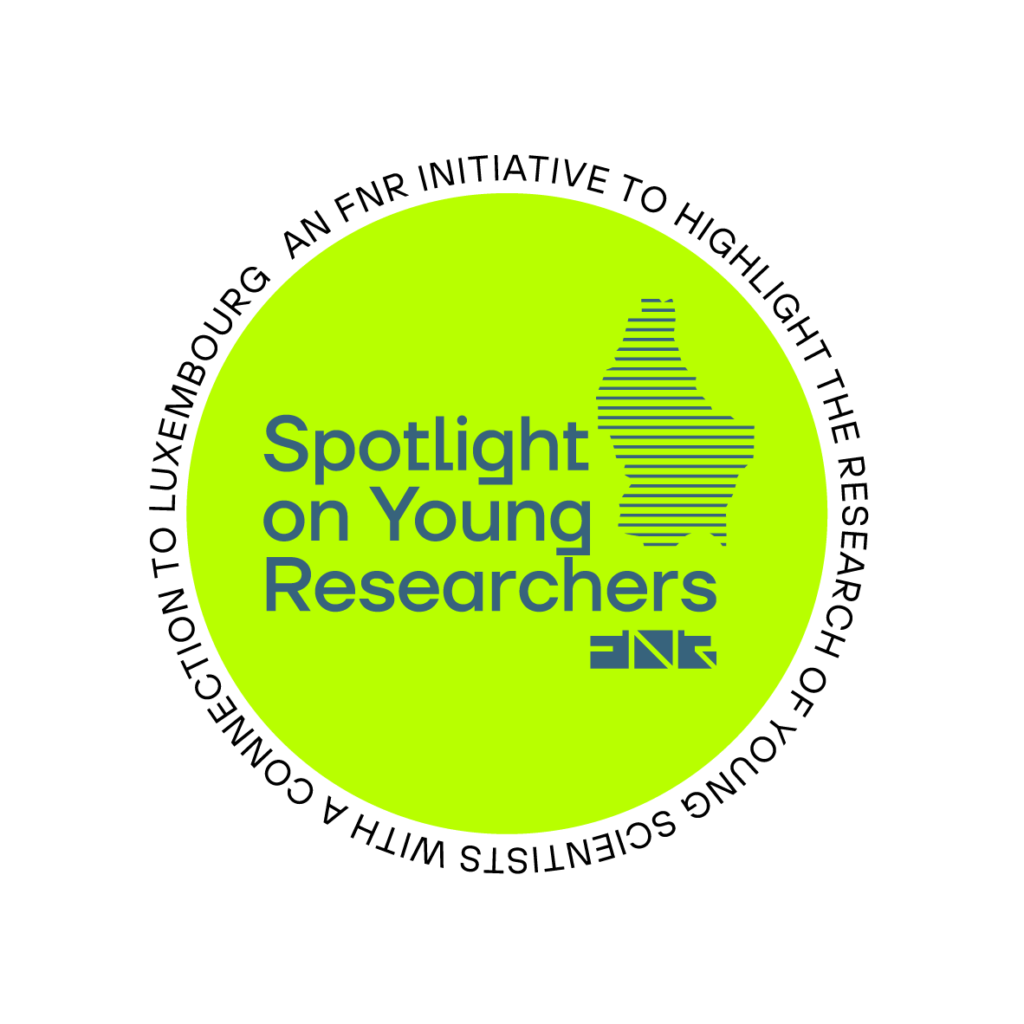
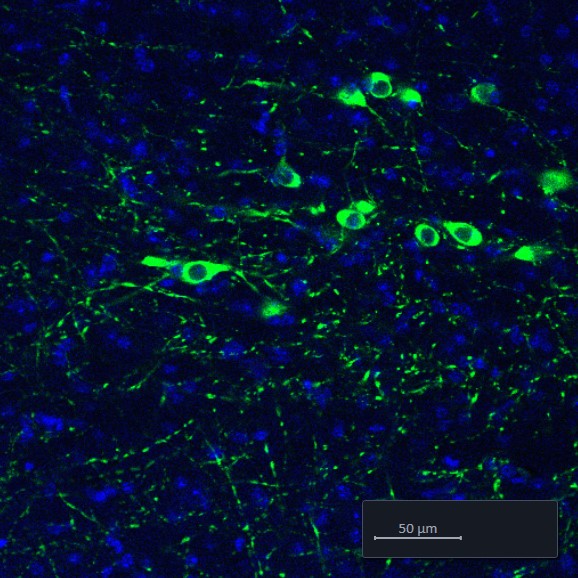
While typically characterised by tremors and slow movement, constipation, mood and sleep disorders are also symptoms of Parkinson’s disease (PD), which can manifest decades before diagnosis. Researchers have established that risk factors for PD include ageing, pesticide exposure, infections and low physical activity. It is estimated that around 10% of cases have a genetic basis.
PD is a complex disease, it has many facets and is it difficult to find a common disease mechanism, and therefore also to develop efficient therapies. The lack of understanding of what causes it makes it a true challenge to develop therapeutic targets. This is further complicated by a lack of diagnostic and progression biomarkers.
Symptomatic treatments have improved
Decades ago, in the 1960s, researchers discovered that certain drugs were able to significantly improve the management of the motor symptoms associated with PD, by delivering dopamine to the brain. In the years that have followed, symptomatic treatments have been further improved by various drug combinations. However, a cure remains to be found – even with the progress made in treating symptoms, the death of the dopaminergic neurons cannot yet be stopped. Dopaminergic neurons allow us to control our movements and cannot be regenerated once they are gone.
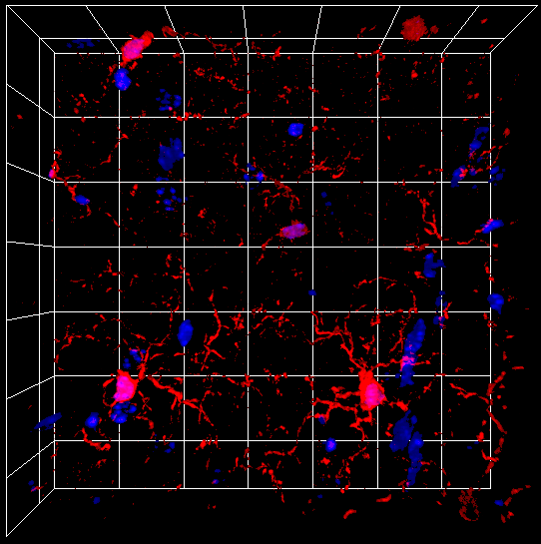
“One of the major challenges of PD is that up to 60% of the dopaminergic neurons are already lost at the time of diagnosis, so research is right now looking at a palette of symptoms and trying to find a way to diagnose and treat the disease earlier. ”Frida Lind-Holm Mogensen Neuro immunologist and PhD student based at the Luxembourg Institute of Health (LIH)
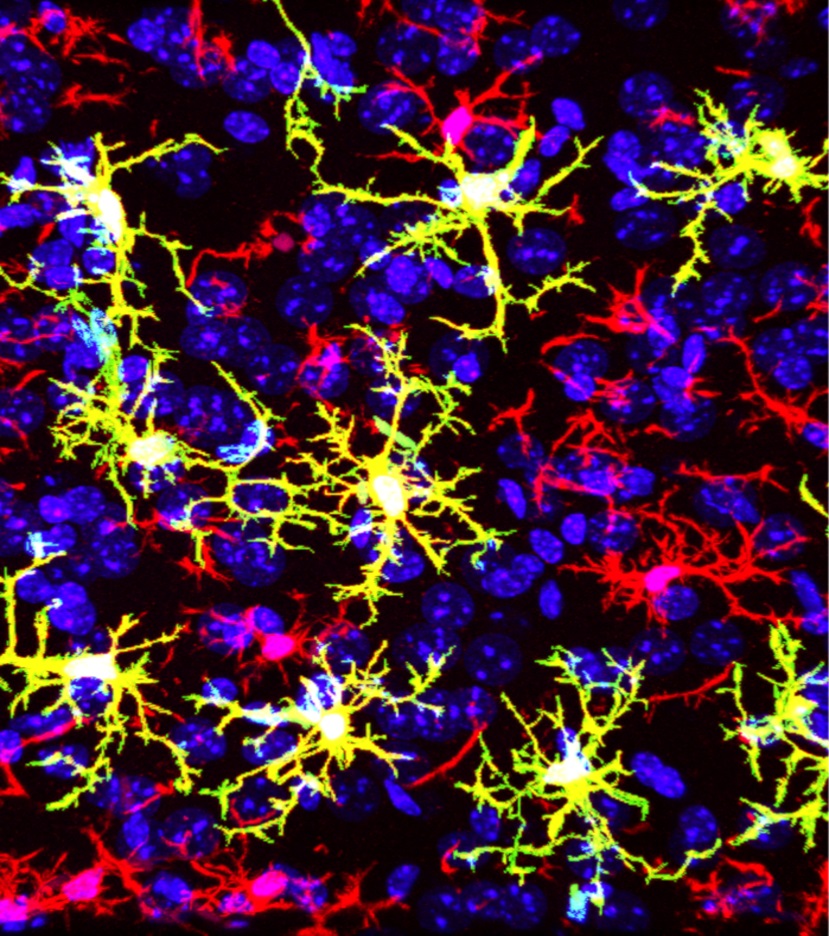
Advances in brain imaging techniques have enabled better diagnosis
Despite the significant hurdles remaining, research advances have contributed to better diagnosis. This is in part due to better brain imaging techniques as well as a clearer picture of the symptoms that can be observed many years before the death of the neurons. This brings hope that with more research, the disease can eventually be treated many years before the neurons are affected. In her research, Frida is focussing on studying microglia, the immune cells of the brain.
“My research project investigates the role of the immune cells in our brain and how they react to infections and (may) contribute to the development of PD, particularly in the case of a specific mutation linked to early-onset PD. ”Frida Lind-Holm Mogensen Neuro immunologist and PhD student based at the Luxembourg Institute of Health (LIH)
“The aim of my project is to characterise the phenotypic acquisition of microglia in a genetic model of PD. We investigate mouse and human models under DJ-1 deficiency. DJ-1 is involved in scavenging reactive oxygen species and loose its functions when oxidised. Interestingly, DJ-1 is oxidised in the blood, CSF and post-mortem tissue of PD patients, pointing towards a large proportion of patients affected by DJ-1 deficiency.
“By elucidating the impact of DJ-1 loss on microglial phenotype and function, we aim to uncover potential therapeutic targets.”
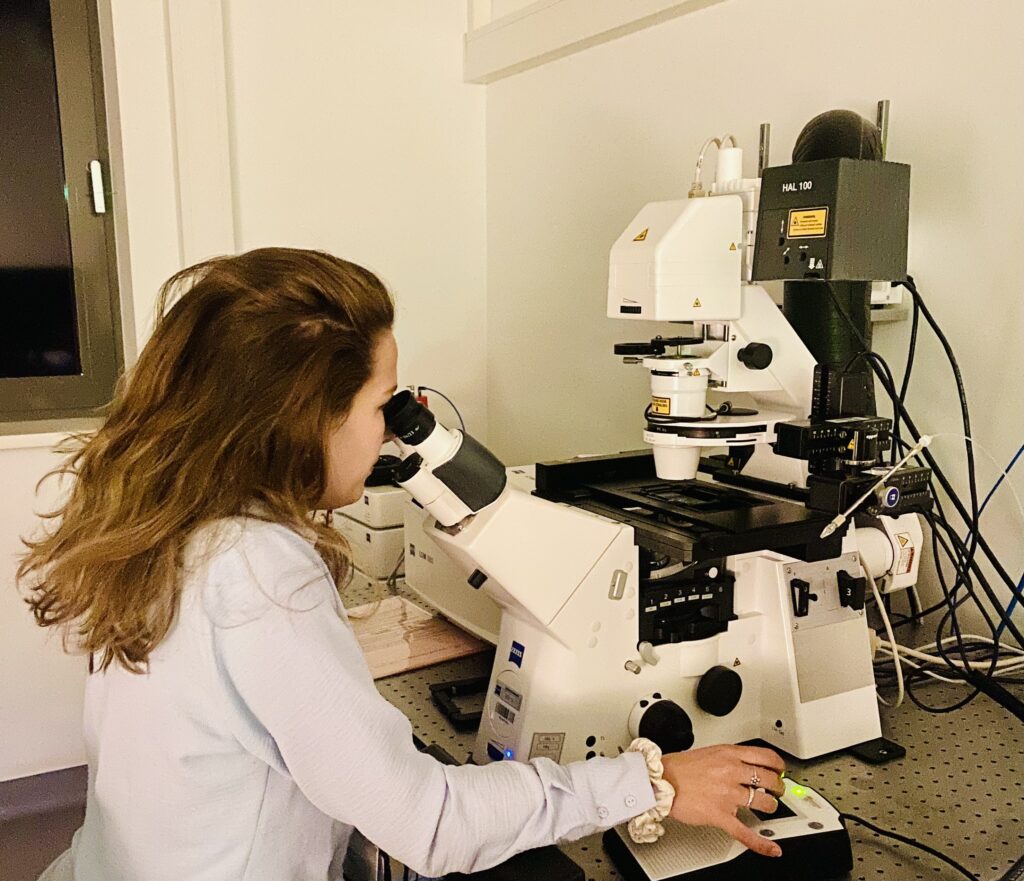
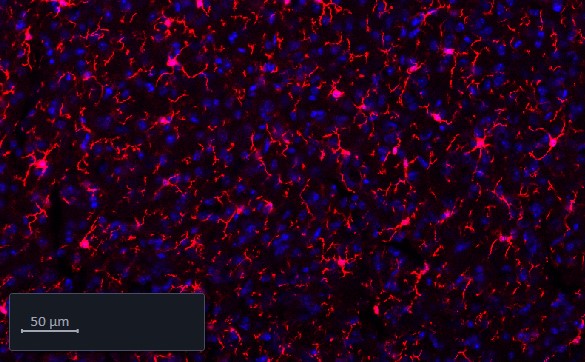
“We found that microglia in DJ-1 deficient mice respond differently to LPS-induced inflammation compared to wildtype mice both transcriptionally and morphologically. For translational perspectives, we detected similar changes in bone marrow-derived macrophages and human induced pluripotent stem cell-derived microglia lacking DJ-1.”
Frida Lind-Holm Mogensen is a neuro immunologist and PhD student in the i2TRON Doctoral Training Unit, run jointly by the Luxembourg Institute of Health (LIH) and the University of Luxembourg, funded by the FNR’s PRIDE programme. She is based in the Neuro-Immunology Group led by Alessandro Michelucci.
More about Frida Lind-Holm Mogensen
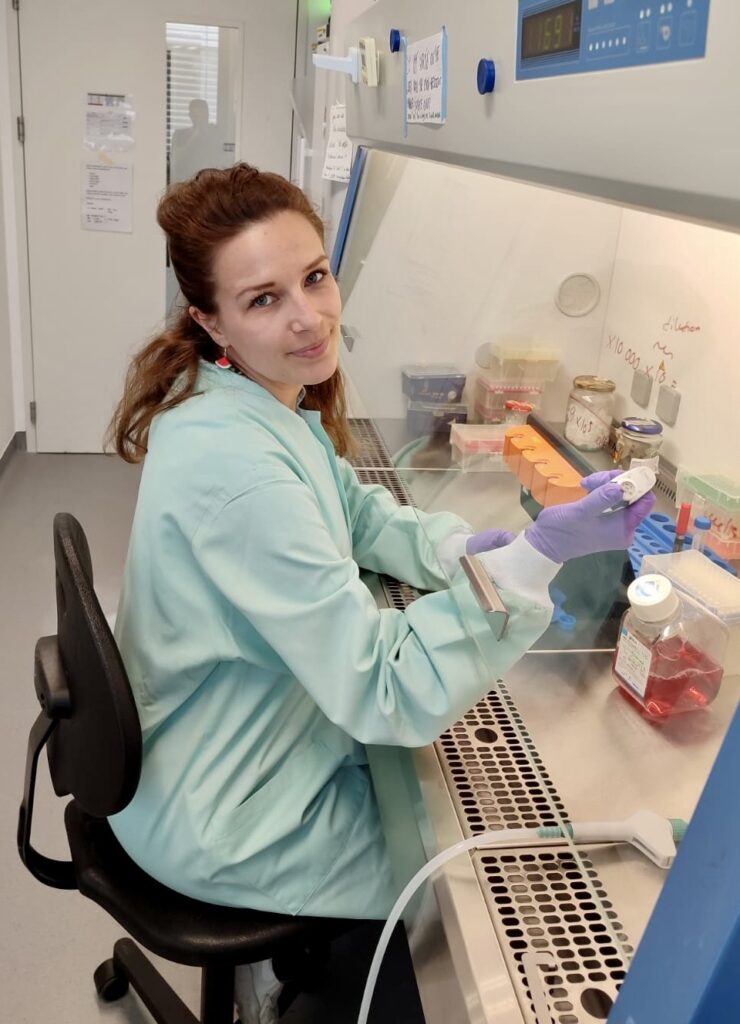
Why she decided to study the brain’s immune cells
“My decision to study the role of microglia in PD stemmed from my experiences working in various aged care centres, where I witnessed the profound impact of motor diseases and dementia on patients and their families. Additionally, my studies in immunology, completed shortly before relocating to Luxembourg, sparked my interest in neuroimmunology.”
What she loves about science
“I love the dynamic nature of scientific research, where each day brings new challenges and discoveries. Balancing practical lab work with office tasks keeps me engaged, and the continuous learning process fuels my curiosity. I love that I can forget myself and disappear in the world of biology.”
A mentor with an impact
“I learned a lot from my supervisor and his view on research. He for example taught me how to improve my writing and my communication skills. But most importantly, I think my fellow PhD students were indescribably important for my development as a researcher and as a person.”
Why she chose Luxembourg to conduct her research
“I saw a very interesting project description (read: dream project) and it was during the time of COVID-restrictions, so I had a strong urge to try something new and move somewhere new, so I decided to apply and got the position.”
Where she sees herself in 5 years
“I see myself following the neuroimmunology field of research and if possible, specifically in PD. I see many unanswered questions to how and when our immune system contributes to the pathogenesis of the disease. By pursuing my career as a researcher, I hope to be able to answer these questions.”
Related scientific articles
https://jneuroinflammation.biomedcentral.com/articles/10.1186/s12974-023-02776-z
https://link.springer.com/article/10.1186/s12974-024-03164-x?
Related highlights
Spotlight on Young Researchers: Unravelling the role of calcium signalling to overcome melanoma drug resistance
Cutaneous melanoma is the most serious type of skin cancer and the sixth most frequent cancer in Europe. Despite progress…
Read more
Spotlight on Young Researchers: Advancing sustainable land use
Industry, agriculture and waste disposal all cause soil pollution, a threat to both ecosystems and human health. Environmental scientists and…
Read more
Spotlight on Young Researchers: Toward greener AI
Deep learning has seen an explosive growth and as it is now being relied upon in areas such as healthcare,…
Read more
Spotlight on Young Researchers: Combining machine learning & life events data to predict depression
A high number of people experience experiences depression in older age. Factors such as childhood conditions, adult life trajectories, and…
Read more
Spotlight on Young Researchers: Probiotics to the rescue
Billions of living microorganisms live in the human gut microbiome. Research has shown that an imbalanced microbiome plays a role…
Read more
Spotlight on Young Researchers: How multilingualism impacts learning numbers and mathematics
In an increasingly multicultural and multilingual society – especially in Luxembourg – it is key to ensure an educational system…
Read more